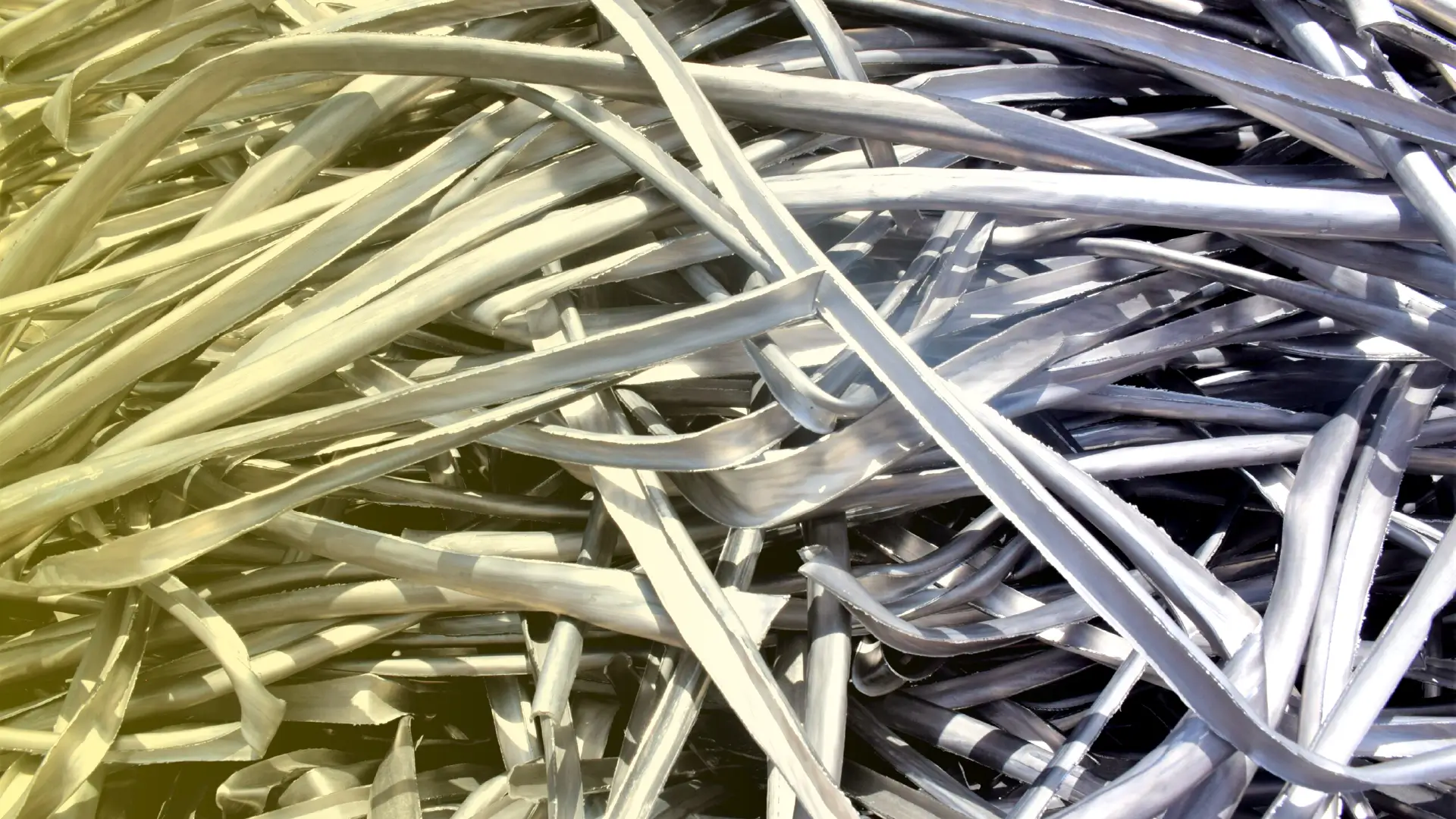Scrap Lead
A key concern in SA is the importation of lead-acid batteries by organisations (or businesses) that do not have any recycling measures in place. Unlike local manufacturers, these importers do not share the same sense of responsibility to protect the local environment. As a result, our Scrap Battery division actively looks for scrap lead-acid batteries, not just our own, to recycle. Scrap Battery collects used batteries from Battery Centre outlets and other collection points across the country.
First Battery offer assistance with SHE Support for more information contact us
Lead-acid batteries due to their hazardous nature require the following basic controls to be collected and sold on safely and in an ecological method that is suitable for the environment and the other persons who may come in contact with these hazards that may be created by your actions.
- It is important to wear the correct protective clothing for your own safety and the same for your assistants.
- As lead-acid batteries main hazard is Sulphuric Acid the following should be worn – full clear goggles – PVC Apron – rubber gloves – safety shoes/gum boots with re-enforced toe cap.
- Inspection – The condition of scrap on offer makes the action differ. That difference is based on , is the scrap battery is complete and still sealed or damaged and leaking.
- Separating – sealed must be separated from leaking or damaged batteries before transporting.
- Sealed batteries can be loaded on to a pallet or dunnage or the transporter for sending on.
- Broken batteries must be stored in a separate place where the acid leaking can be controlled and neutralised using soda ash.
- Soda ash can also be sprinkled on the battery with emphasis on the area where the plates can be seen
- The neutralising would help in the preservation of the transport method as it reduces the active acid which could burn through a bakkie floor.
- It would be ideal to pack the batteries in good quality and rescue broken batteries onto dunnage and wrapped with a stretch wrap for onward delivery.
- Failure to comply with these instructions could result in the load being refused entry to a site or delaying offloading to make safe the delivery.
